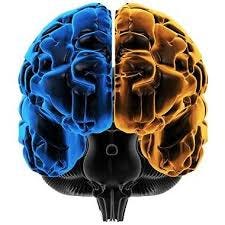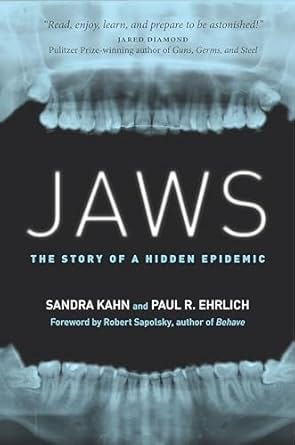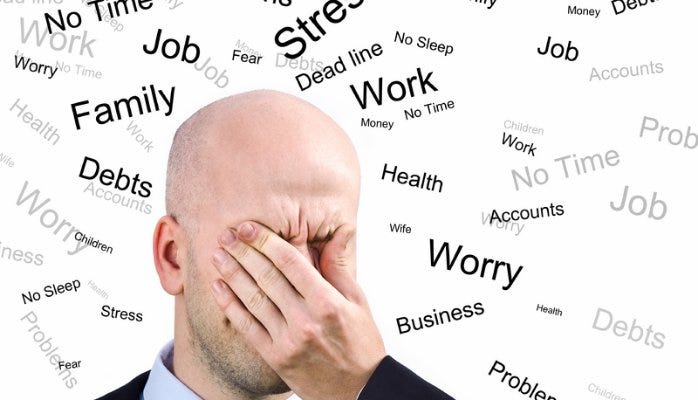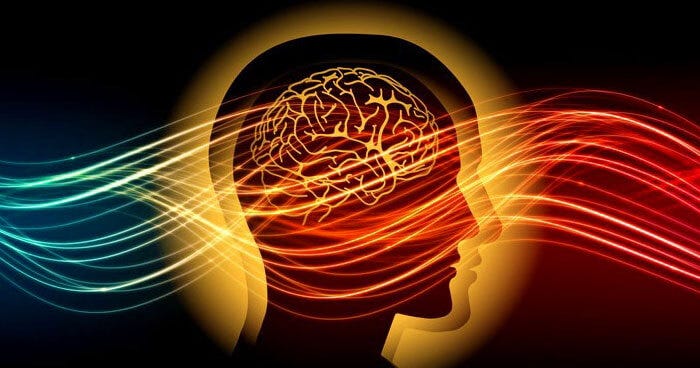The Breakdown of the Bicameral Mind Pt. 2: The Way Back to Wu Wei
The Flaming Turning Sword and the Tree of Life
In the first Breakdown article we discussed Julian Jaynes theory of the bicameral mind, the idea that our ancestors would have heard the voice of God as the right hemisphere spoke to and commanded the left hemisphere to carry out its directives.
In the ancient past the left hemisphere Emissary, the ego, understood its role in relation to the right hemisphere Master, guardian angel. Somehow this relationship broke down resulting in the left-hemisphere discursive thought and self-reflection we think of as consciousness. Jaynes proposed that turmoil of the Bronze Age collapse was the precipitating event for the breakdown of the bicameral mind.
I am proposing a different theory on why the breakdown happened based on the link between the agricultural diet, malformation of the human jaw and mouth breathing. If this is the real reason for the collapse, there are profound implications in terms of what we might do to strengthen our connection to the right hemisphere so that we can take our rightful role and allow ourselves to be led by our angel.
One thing we know about our ancestors is that they had perfectly straight teeth, without dentists and orthodontists. Our ancestors were hunter-gatherers and as such they spent a lot of time chewing tough meat. This led to proper jaw development and enough room in the mouth for straight teeth and a vacuum seal of the tongue on the roof of the mouth during sleep.
As our ancestors transitioned to an agricultural diet, their jaws did not develop properly, leading to crooked teeth and mouth breathing at night.
We now know that mouth breathing during sleep is not only linked to sleep apnea but a staggering array of chronic illnesses including diabetes, cancer, heart disease, and many more.
So why is mouth breathing so deadly, and what does it have to do with the breakdown of the bicameral mind?
Mouth breathing is a form of hyperventilation. When you hear the word hyperventilation you may think of a person having a panic attack, but technically hyperventilation is breathing more than his metabolically necessary. By this definition nearly all of us are hyperventilating. When you hyperventilate all night, it reprograms your brain to breathe more all day too.
As I’ve discussed in previous articles, hyperventilation depletes the body of carbon dioxide which reduces oxygenation at the cell level. This is because, as described by the Bohr effect, carbon dioxide creates a pH shift in the blood which facilitates the release of oxygen from the hemoglobin of the red blood cells into the tissues of the body.
“All chronic pain, suffering and diseases are caused by a lack of oxygen at the cell level.”
- Dr. Arthur Guyton, Father of Modern Physiology
One of the forms of chronic suffering that lack of oxygen at the cell level creates is uncontrolled discursive thought.
Hyperventilation results in reduced blood flow to the brain, as CO2 is a vasodilator and the loss of it constricts blood vessels, and thus reduces oxygen to the cells of the brain. When the brain lacks oxygen it causes neurons to engage in uncontrolled and spontaneous neural firing, which results in “self generated” thoughts.
This means that thoughts think themselves, and you have no control over the process. This is a condition that afflicts nearly everyone in society and is generally not recognized as pathological by western medicine until it reaches a fever pitch. The East has long recognized that all disease is caused by disturbed thought, which is in turn caused by dysfunctional breathing.
“Samsara consists of discursive thought.” - Longchenpa
In some cases, uncontrolled thinking leads to mental illnesses, such as generalized anxiety disorder, depression, and bipolar disorder. But for most people, it just means that you can’t stop thinking.
And when the left hemisphere can’t stop thinking, the right hemisphere can’t take the lead.
Most of us have had the experience of ruminating or deliberating over a course of action. But if we can quiet the mind, the right hemisphere can take its rightful role as leader, and a spontaneous impulse for the right action will arise automatically. This is the essence of the Taoist concept of Wu Wei, or effortless effort.
“Do you have the patience to wait
Till your mud settles and the water is clear?
Can you remain unmoving
Till the right action arises by itself?”-Lao Tzu
This is how our ancestors lived, in a constant flow state as the superior hemisphere, the right hemisphere would direct the action of the left hemisphere through words or images. Modern neuroscientific research has revealed that during flow states the brain exhibits a state of coherence, with balanced activity in both hemispheres and efficient communication across the corpus callosum, the bridge connecting the hemispheres.
Over time, as our jaws deformed and our breathing volume increased, left hemisphere chatter drowned out the voice of the right hemisphere, and the flow state was lost. This is the origin of the breakdown of the bicameral mind.
Early shamans and sages, those who developed Yoga and Taoism, were well aware of the link between breathing and mental and physical illness. They developed breathwork practices such as pranayama and qigong to reverse the process, training the brain to be more tolerant of carbon dioxide. These practices were renowned for their miraculous healing properties.
These systems also incorporated a variety of complimentary practices such as meditation, movement, divination, dream yoga, sexual yoga and more. These methods were all aimed at balancing the energy of the body and they strengthened the left hemisphere ego’s connection to the already awake awareness of the right hemisphere. But breathing exercises, and mindful breath awareness were always at the core of these spiritual systems.
If we wish to move past the “flaming turning sword” - a symbol for an overactive mind - which guards the way to Eden, the Nirvana of the right hemisphere, the voluntary elimination of reduced breathing should also be the core of our practice.










